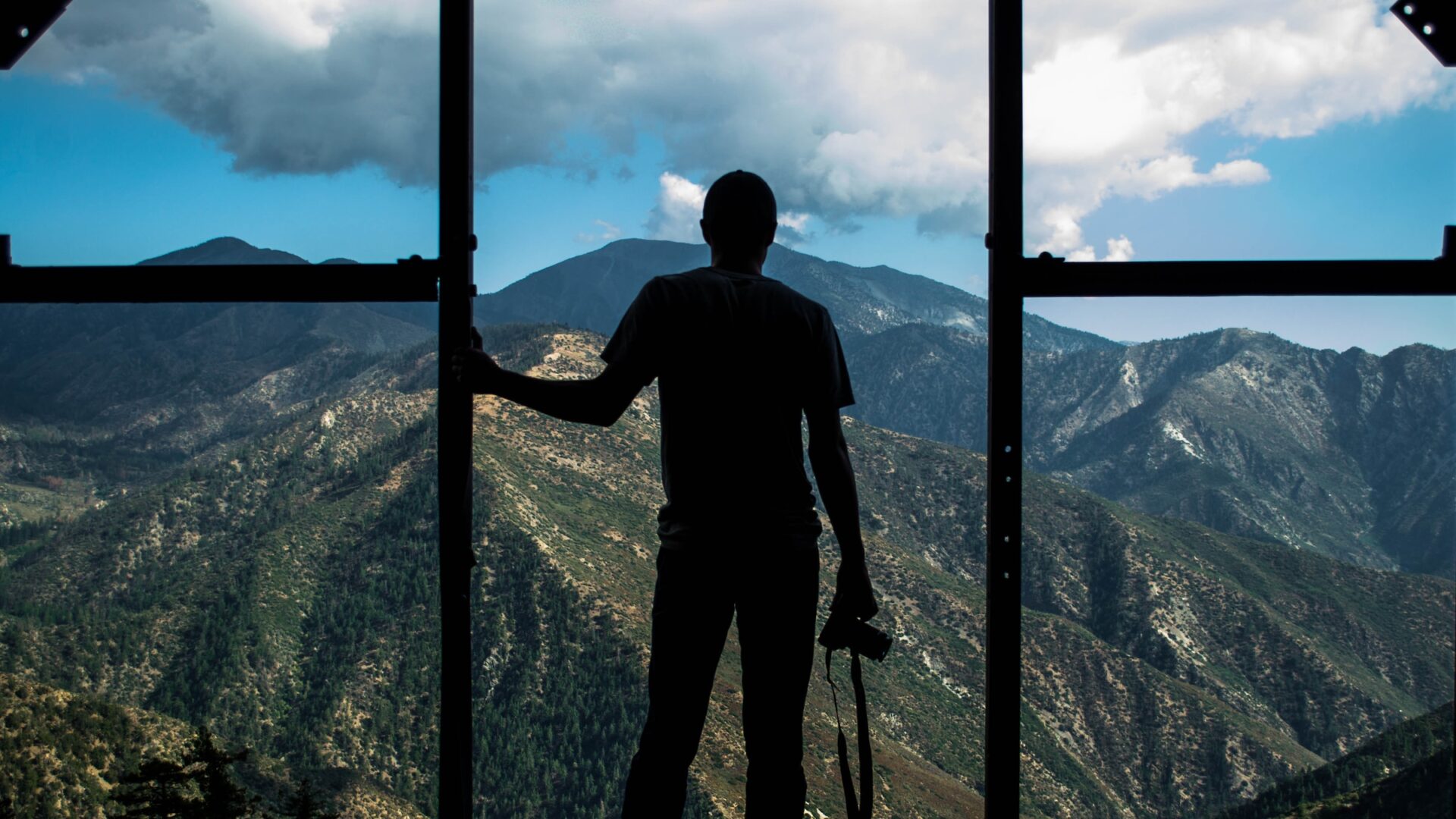Amid ever-increasing climate concerns, nuclear energy is finding itself at the forefront of a potential revival. As the nuclear industry and the Biden administration work to improve nuclear energy’s reputation as a clean energy source, they overlook one critical component: uranium sourcing for reactor fuel.
Geopolitical concerns and a global spike in uranium prices are leading to a revived interest in domestic uranium production. It is likely that a mine near the Grand Canyon — the Pinyon Plain Mine — will be one of the first to come online. Yet, a decades-long battle against the mine’s operation calls into question whether the industry is properly considering justice in a potential nuclear renewal.
The Havasupai Tribe has voiced its concern over the mine’s construction for more than four decades. Pinyon Plain sits on Havasupai ancestral lands, and its proximity to the Grand Canyon and key aquifers has created extensive concern over the impact of the mine on tribal life. As reported extensively by Grand Canyon Trust, geology in the area around the Grand Canyon is highly fractured, making groundwater systems complex and interconnected, raising the stakes of mining contamination.
The groundwater near Pinyon Plain has been found to contain high levels of uranium and arsenic. While the mine operator, Energy Fuels Inc., pumps wastewater into an onsite impoundment, they can’t do this forever. If contamination begins to travel, everything and everyone that depends upon the endangered water supplies will be irrevocably impacted. Extracting uranium from the mine could severely impact community health, safe drinking water, agriculture, and cultural heritage.
BEHIND THE MINING SCENE
The Pinyon Plain Mine could be one of the first mines to produce uranium in the United States after a long period of depressed prices on the international market. These low prices have shifted recent mining to countries like Kazakhstan, Canada, and Australia, which have much higher-quality uranium ore. These countries often set more stringent requirements for robust community engagement and higher environmental protection standards.
Starting the Pinyon Plain Mine on such culturally significant and delicate land threatens to repeat the uranium mining industry’s past legacy of environmental injustices.
Hoping to prop up a non-competitive industry, the US government has given Energy Fuels Inc. an $18.5 million contract from the Strategic Uranium Reserve, which will spur the company’s ability to start mining. The Strategic Uranium Reserve was established under the Trump administration to stockpile fuel for our commercial reactors in case of unexpected global supply chain interruptions and to address challenges to the domestic uranium mining industry. While Congress tends to have mixed views on nuclear energy, it allocated funding for the reserve in 2020, tasking the US National Nuclear Security Administration with establishing a site and purchasing uranium from domestic mines and producers. Energy Fuels Inc. is among the first two recipients of contracts through the Strategic Uranium Reserve.
Starting the Pinyon Plain Mine on such culturally significant and delicate land threatens to repeat the uranium mining industry’s past legacy of environmental injustices, harkening back to the atrocities that the US government and industry partners committed against the Navajo Nation in the 1950s-1960s. A lack of safeguards led to extensive contamination of water, vegetation, and livestock on Navajo lands. Community exposure to radioactive materials from this era has been connected to higher rates of asthma, several cancers, kidney damage, and more. To the credit of the federal government, the Radiation Exposure Compensation Act continues to offer limited financial retribution to mine workers for health impacts. Yet, pollution exposure is not necessarily a story of the past; to this day, more than 500 polluting mines on Navajo lands await remediation. Restarting domestic mining without meaningful commitment to atone for the dark past of the industry is unacceptable.
And Pinyon Plain is not an isolated incident. Recently, Tommy Rock, a postdoctoral research associate at Princeton University, highlighted unjust uranium mining practices restarting at the Old Church Rock Mine, a site within Navajo trust lands. A Canadian company, Laramide Resources, has begun exploratory uranium drilling without meaningfully consulting with tribal members and activist groups. The site sits next to where the largest release of radioactive material in US history took place in 1979, further exposing members of the Navajo Nation to extensive health hazards and damaging the surrounding environment.
STARTING A JUST PATH
The Biden administration has made environmental justice a key priority and has directed 40% of the benefits from federal projects to benefit historically disadvantaged communities. On a national scale, status quo mining engagement practices are contrary to these ambitions. We cannot continue to purchase or subsidize uranium produced from mining companies that have shown a lack of commitment to communities or the environment. The federal government should be paying attention, but so should nuclear energy developers and clean energy advocates. Problematic mining projects like these will likely continue to shape public opinion on nuclear technologies, which, despite a recent uptick, is still mixed.
For an industry that struggles to distance itself from associations with legacy injustices and environmental harm, the actions of the uranium mining industry could set back advanced nuclear developers. A clean future for nuclear energy mandates a clean fuel cycle. US uranium mines should operate only after impacted tribes and communities have had a meaningful chance to weigh, shape, co-develop, or oppose a project. Comprehensive assessments of these projects’ environmental impacts must be undertaken.
We owe it to communities — especially tribal nations — to get it right this time. Otherwise, the industry will be repeating its devastating past.




















